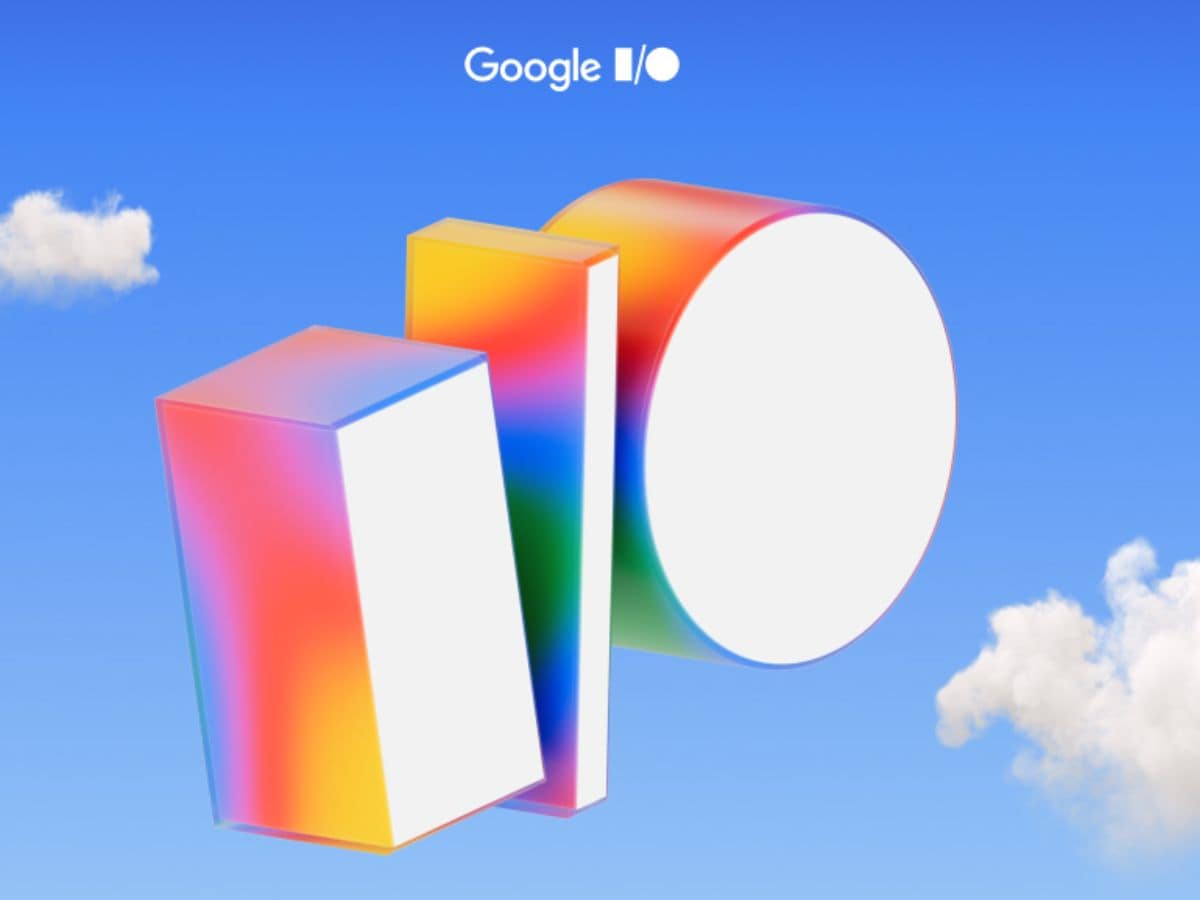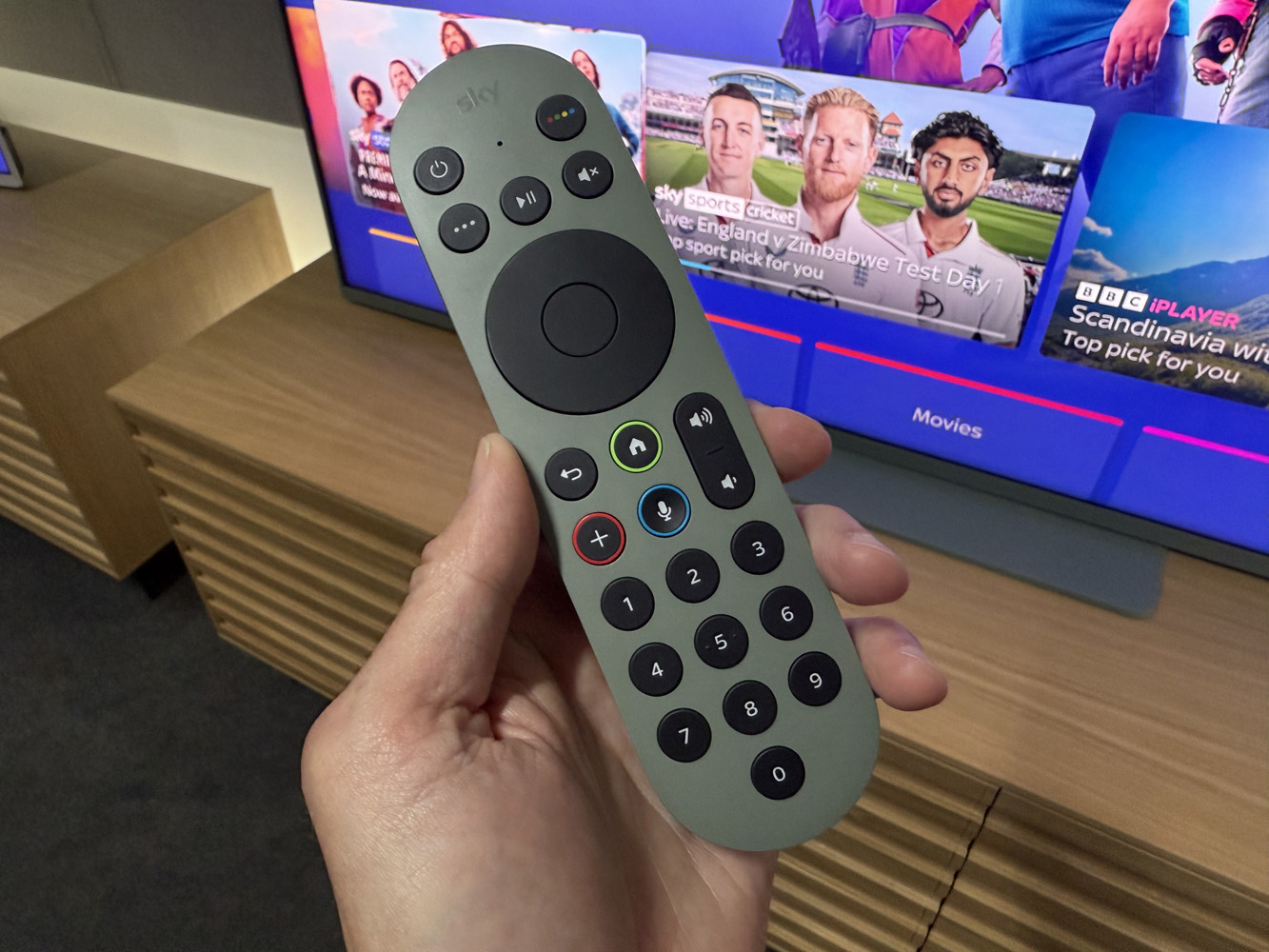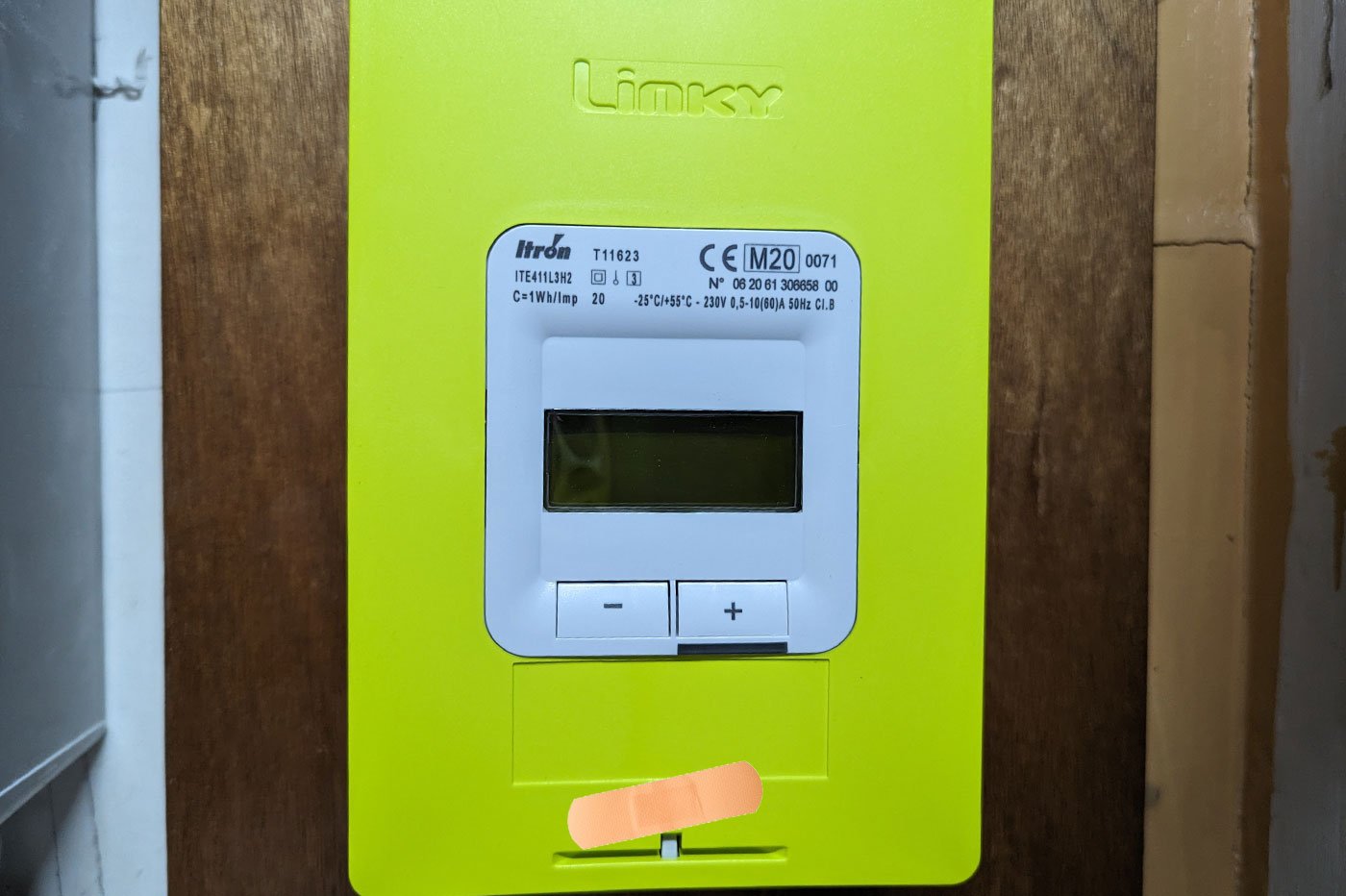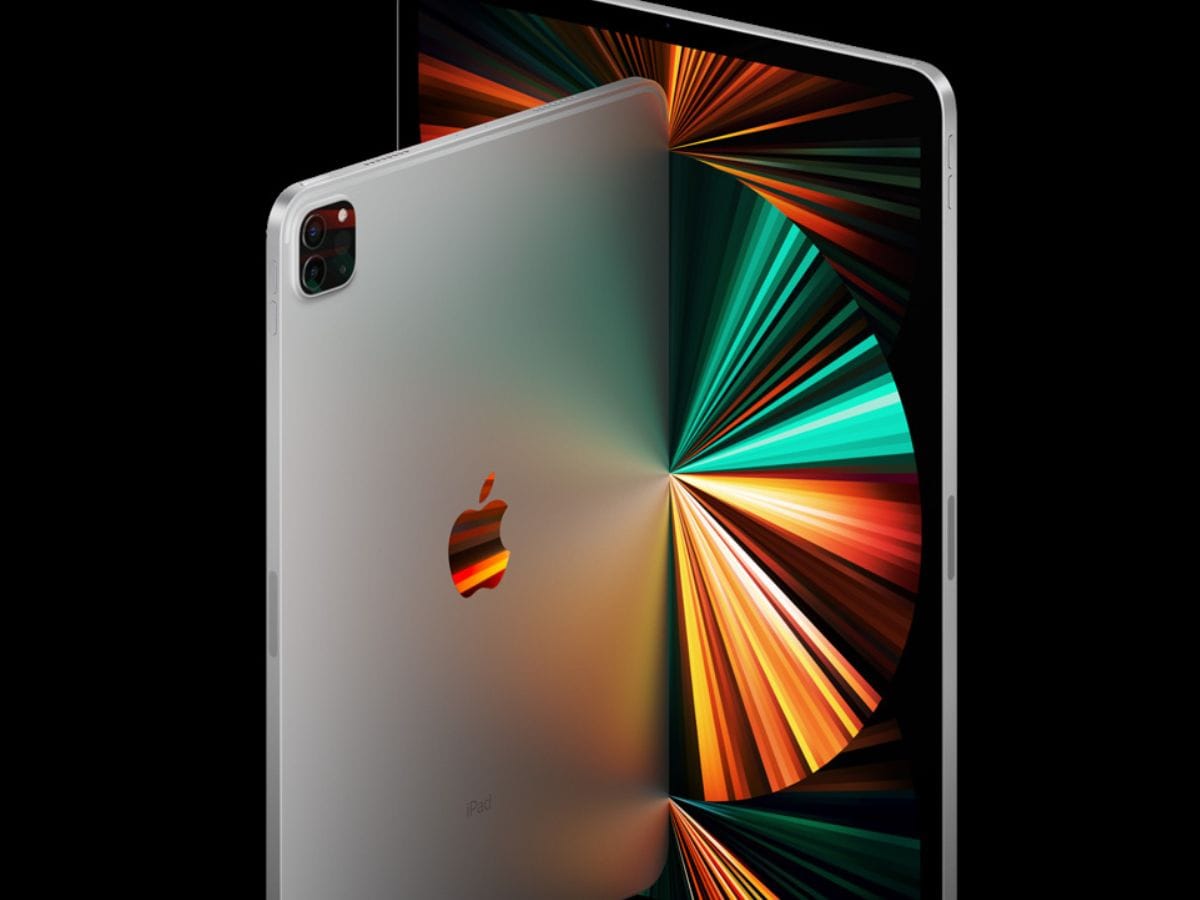Google I/O 2025 has officially wrapped up, and it was packed with announcements. Google went all in on AI and showcased some truly amazing and futuristic tech that could actually shake up the market and make AI a real part of our day to day lives. The company dived deep into the new capabilities and features of Gemini, even showing off some cool ways Gemini is already solving real-world problems.
From Gemini’s deep integration across apps to jaw-dropping demos with Project Astra and some seriously futuristic smart glasses, Google just made it crystal clear that we are in the age of AI now. Here’s a quick summary of everything we got at Google I/O 2025 from Project Astra to new Gemini features and much more.
The main highlight of Google I/O 2025 has to be Gemini. Every single announcement involved Gemini in some way or another, and it clearly shows that Google is ready to go all in with Gemini, making it more like a real-life personal assistant that doesn’t just answer questions but feels more like a friend by your side.
Gemini and its next-gen integration across Google’s core apps like Gmail, Chrome, and Search showcased how it can auto-draft emails with better context and offer seamless AI assistance right within your browser. There is a lot to uncover about the new capabilities of Gemini. Firstly, Gemini 2.5 Pro now features Deep Think for breaking down complex problems, better multimodal smarts, and sharper reasoning. Gemini 2.5 Flash takes things a notch higher with native audio output and real-time language switching, making it sound more natural and truly conversational. Google even showcased a demo of it switching languages smoothly, and the new model sounds much more human-like.
Adding to the showcase, they also had a slick new Thought Viewer that shows you what Gemini is thinking, giving you summaries and letting you trace its logic. This is a game changer for research and coding. Gemini 2.5 Pro also takes coding to the next level, making the entire process smoother and more intuitive. Deep Research in Gemini also gets a requested new feature that will also allow you to upload your research, and a new tool called Canvas will help transform all your research into one neat summary with a single click. Gemini will also get an extension called Gemini in Chrome, making it easier to get direct access to its features.
All this is just surface level when it comes to the new capabilities shown. Gemini can now also access your camera and with Gemini Live it lets your camera see the world and offer help in real time. This is Google’s Project Astra that sees, understands, and acts instantly. Google showcased a person fixing their bike just by talking to Gemini and getting all the help needed. This feels like the next step into the future and we could all have our own Jarvis and feel like Tony Stark.
Google didn’t forget the scientists. DeepMind took the stage to showcase how its models, especially AlphaFold, are already being used by millions of researchers around the world. From drug discovery to materials science, AI is quickly becoming the lab assistant of the future.
In short, Google conveyed Gemini 2.5 Pro stands on three strong pillars: Personal, Proactive, and Powerful that will shape the future of AI interaction.
The old way of browsing is now over. No need for 10 tabs for research as Google Search now comes with AI Mode, delivering smart, summarised answers and insights. It also has the capability to learn from your past searches and add personal context. For those thinking that this could hamper their privacy, you can toggle it off if privacy is your priority.
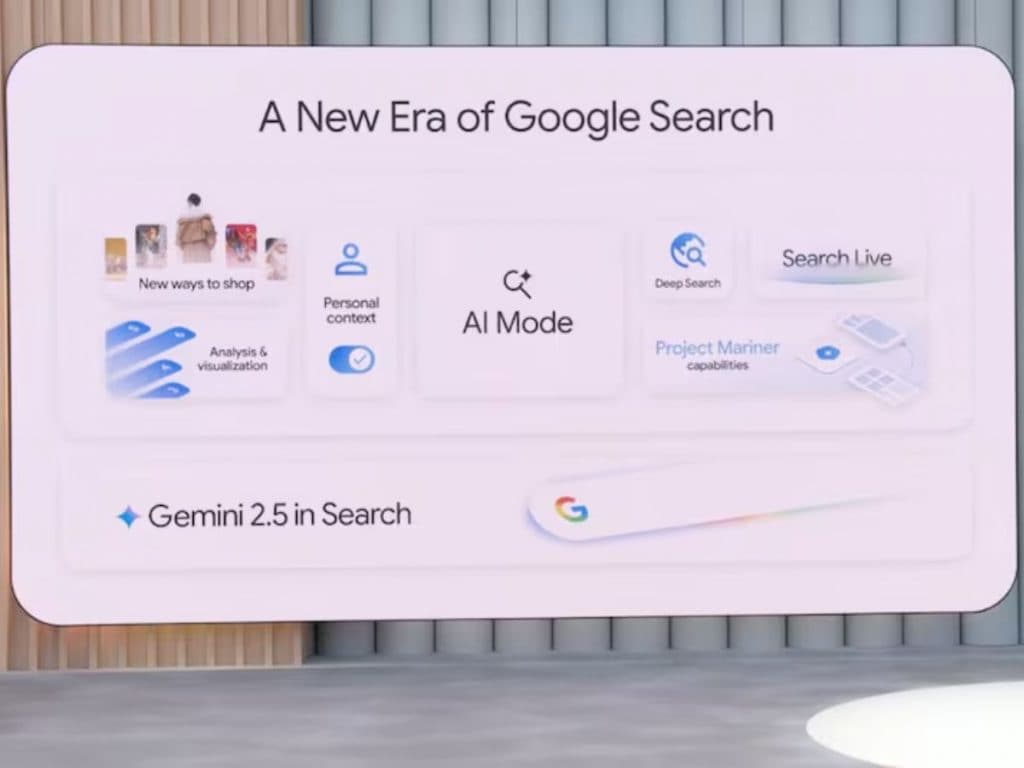
Google also showcased that AI Overview has taken off thanks to the new advanced capabilities of Gemini. This AI Mode has already started rolling out in the US and will soon be available in other markets. AI Mode isn’t just for research, it also comes in handy in real-life situations. For example, it uses the capabilities of Project Mariner to analyse data deeply. You can find the best tickets with the best viewing angles using Mariner’s 3D features.
The capabilities don’t stop here. Google Search will soon be able to track prices and help you try on clothes virtually by using different diffusion models to put the exact item on your body. What’s crazy is that the search can notify you when the price drops and with one click, it makes it easy to pay all under the user’s control.
Google also added some cool new tech for video calls and conversations. Project Starline, showcased a while back, is now called Google Beam, turning 2D video calls into immersive 3D conversations. This makes video calls feel much more interactive. With HP building the first Beam device, the dream of sci-fi video calls is finally becoming a reality.
Also, Google Meet is getting a boost from Gemini that will power real-time translations starting with English and Spanish, with more languages coming soon.
Google’s Gemini is not just for developers and coders. They also showcased how Gemini can be a powerful creative toolkit. With the new Imagen 4, it creates images that look incredibly real, featuring better faces, sharper text, and precise design. Even their video generation model Veo got an upgrade as Veo 3 now produces ultra-realistic videos complete with sound effects, voices, and consistent characters.
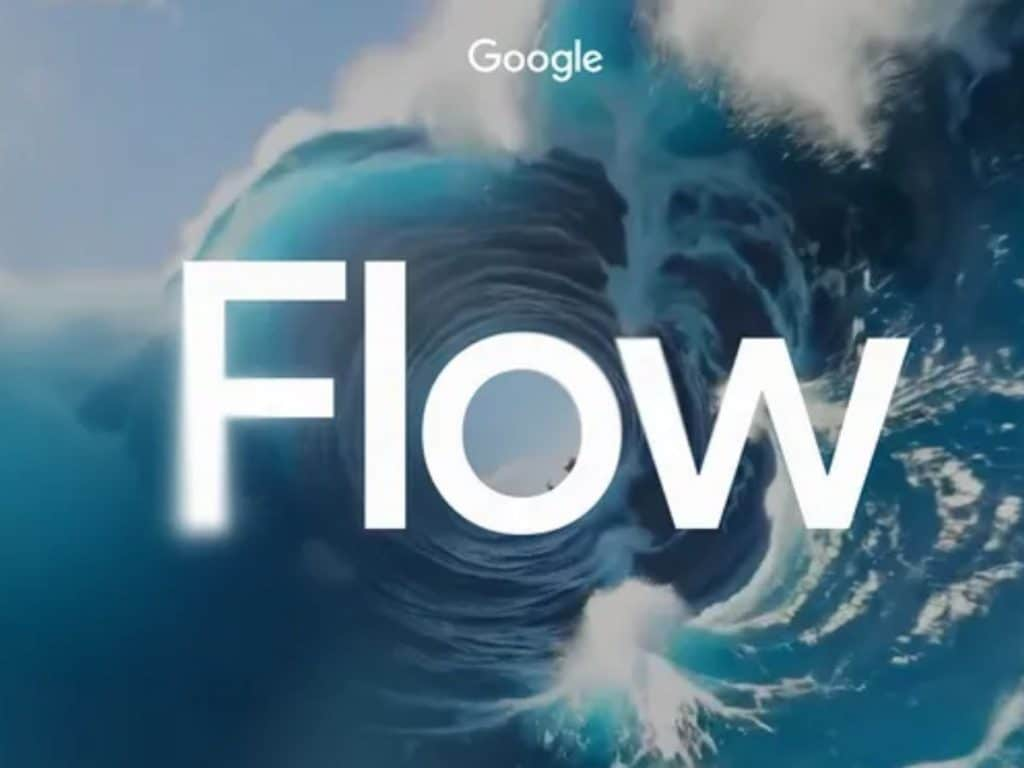
The ultimate tool that really impressed me was Flow. It is a new filmmaking platform that blends Imagen, Gemini, and Veo into one seamless experience for storytelling. Musicians are not left out either, as the new Lyria 2 generates soundscapes and melodies from scratch. All of this truly pushes the boundaries of what is possible and shows that creative work is not going away. If anything, the bar for creativity will get higher with adoption of these new tools.
The long rumoured Android XR was also finally shown on the stage. In partnership with Samsung and Qualcomm, Google confirmed that it has already begun work on Android XR, and yes, Project Moohan is very real. This upcoming mixed-reality headset, developed by Samsung, promises a truly hands-free AI experience with Gemini at its core. The aim is to deliver a more natural and immersive way to interact with digital content, whether you’re working, exploring, or relaxing.
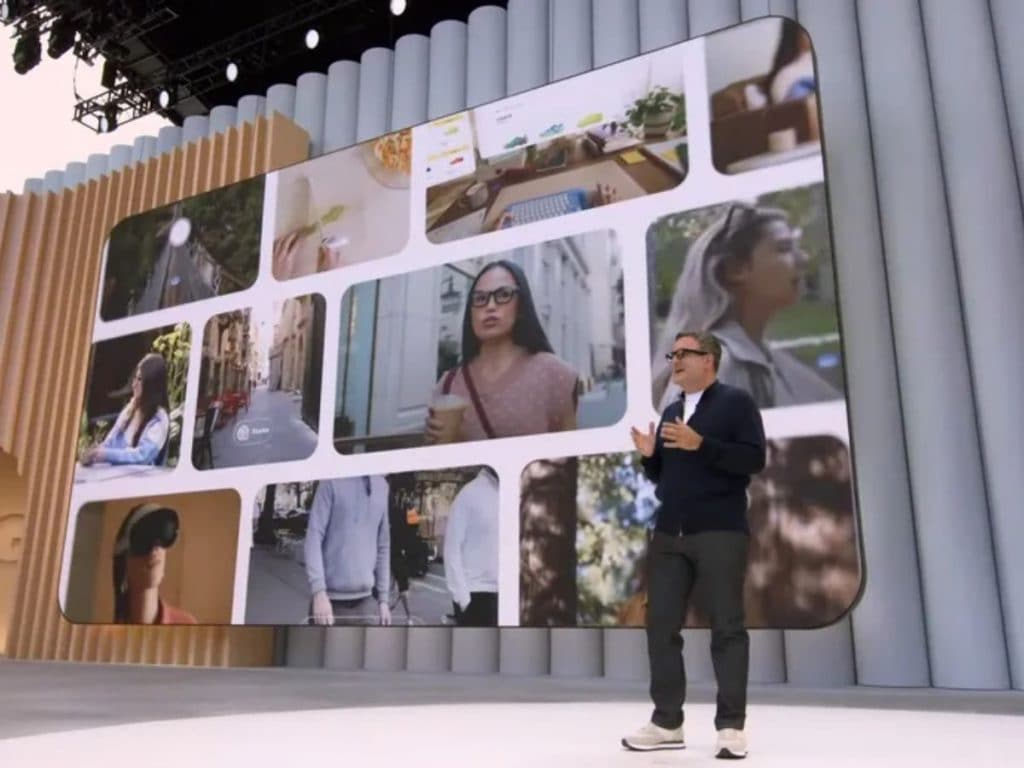
But Google is not stopping at headsets. They’re also bringing this futuristic tech to smart glasses, blending style and function. To make these fit in Google has partnered with eyewear brands like Warby Parker and Gentle Monster that would not only be useful but lightweight, stylish, and packed with cameras, microphones and speakers. You can talk to them, get real-time translations, see 3D maps, follow live directions, or even overlay text and objects in your field of view, making AI feel like a natural extension of your everyday life.
The big picture Google showcased is AI that is personal, proactive, and powerful. These three pillars capture the essence of Google’s vision, showing that AI is the future and has the potential to become the most powerful tool for boosting productivity.
Get latest Tech and Auto news from Techlusive on our WhatsApp Channel, Facebook, X (Twitter), Instagram and YouTube.

